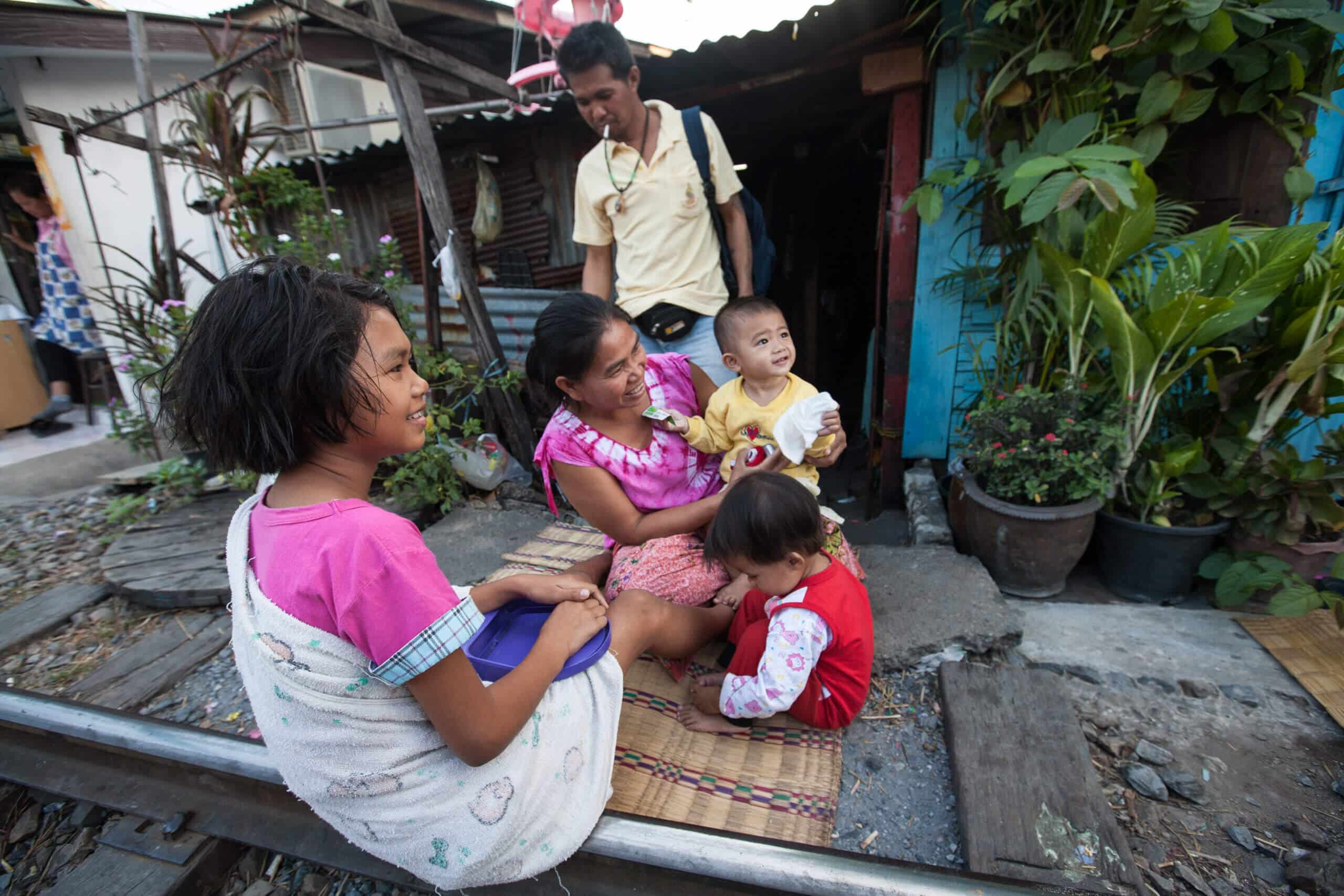The Inside Climate News website reports on two environmental activist associations that have filed a complaint with the UN Human Rights Council, saying that member states are supporting unsustainable population growth that is dangerously warming the planet

The Inside Climate News website recently reported that two associations of environmental activists filed a complaint with the UN Human Rights Council, in which it was claimed that the member states of the UN support an unsustainable population growth that dangerously warms the planet.
The article quotes Cassie King, born in San Diego, the daughter of loving parents, and she wanted to be a teacher since she was 5. As a teenager, she planned to have children of her own. "But when more health crises and climate disasters are expected, I started to worry more about the state of the world in just 10 years, not to mention another 100 years - a period when my great-grandchildren will have children," she said. "It makes me feel like it wouldn't be right to bring someone into this chaos without their consent."
After graduating from the University of California, Berkeley in 2018, she now works full-time as an animal rights activist, and has decided never to give birth. King, 23, is an example of a growing number of young people who are worried about having children in a world saturated with climatic and ecological crises and threatened by overpopulation.
Two associations, Fair Start and Population Balance, submitted a complaint to the UN Human Rights Council at the end of October on behalf of King and other young women, claiming that the UN failed to protect the rights of the younger generations to have children safely.
"Young people are increasingly choosing not to have children, not because they don't want them, but because they are concerned about how the climate crisis will affect their children's futures," said Carter Dillard, Fair Start's policy advisor in San Francisco.
The United Nations has an obligation to interpret the "right to found a family" in Article 16 of the Universal Declaration of Human Rights in a way that preserves that right for future generations, Dillard said. Instead, UN member states have limited the ability of future generations to raise a family in a safe and healthy way by "encouraging unsustainable population growth models that have contributed to climate change."
The duty to protect the right of future generations to start a family stems from a council vote a month ago, adopting a resolution officially recognizing a healthy and sustainable environment as a basic human right, the complaint claims.
In a survey conducted in 2020 by Morning Consult, 11 percent of respondents said they would not have children because of climate change. But when divided by age, it appears that the young people of Generation Z born between 1997 and 2012 considered the climate crisis as the main issue for wanting to avoid having children.
According to their website, the Fair Start movement was founded in 2014, with the belief that ensuring children a "fair start in life" means providing incentives to have small, well-planned families, in a way that will pave the way for a sustainable future. The Population Balance Association, based in Minneapolis, wants to achieve a smaller human footprint by reducing overconsumption and opposes measures taken by governments to encourage births.
From Alexandria Ocasio-Cortez to Meghan Markle
The issue also concerns politicians and public figures who raised the issue. Congresswoman Alexandria Ocasio-Cortez said live on Instagram in March 2019 that it's a "legitimate question" to wonder if it's still okay to have children given that "there's a scientific consensus that the lives of children are going to be very difficult. Later that year, Prince Harry told British Vogue in an interview that he and his wife, Meghan Markle, would have no more than two children to limit their environmental impact.
But concerns about climate change and its impact on people giving birth and their children are not just concerns about the future. There is a growing body of evidence linking high temperatures and pollution to birth defects such as still births, premature births and low birth weight babies.
Despite these damages, "governments push women to give birth to many children despite the unsustainable population growth that this causes," the complaint claims. Governments do this by "actively preventing" access to family planning, contraceptive and abortion education services.
to writeThe full story at Inside Climate News
More of the topic in Hayadan:
- Surprise: The World Bank and WWF agree that sustainable development is required that will result in a reduction in the waste of resources
- How do you prepare for the climate future?
- Six billion in Africa
- Questions for the future of humanity: who will prosper and who will be left behind in a world of 10 billion people?
